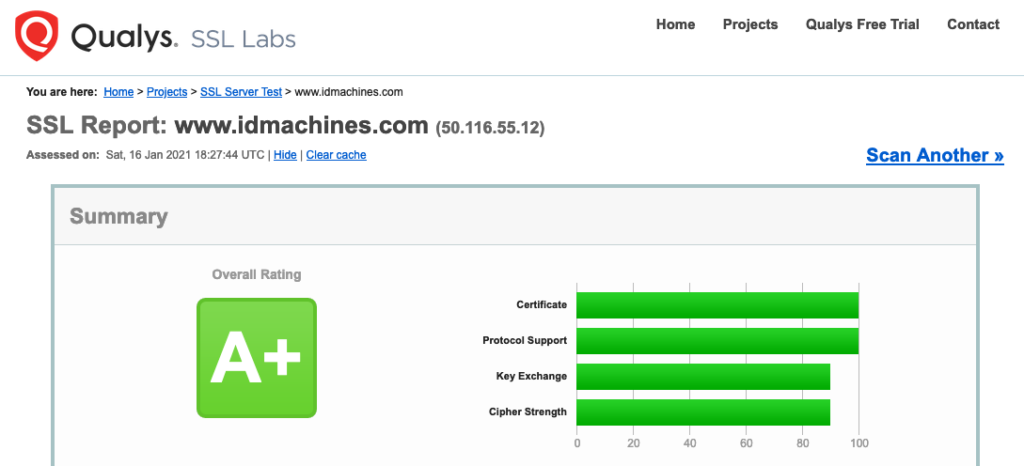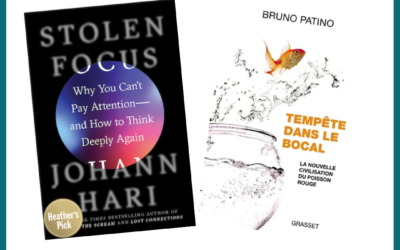If you’re conscious about preserving your information from prying eyes or avid data resellers, you’re looking for ways other than the cookie opt-out to determine whether a site you’re visiting is secure and private. In other words, just like you look both ways before crossing the street, you should check a site’s privacy and security practices before continuing. Security and privacy are two sides of the same coin that help to protect you.
Salvatore d’Agostino, CEO of IDMachines, and a forty year veteran on video surveillance turned expert on digital surveillance with a consent-based, privacy-first approach, gives these tips for everyday consumers.
Is The Site I’m Visiting Safe ? Qualys SSL Labs check
Go to https://www.ssllabs.com/ and enter the name of the site you’re visiting. You’ll get a security notice and a grade from A+ to E for the site in question.

Is the Site Privacy Protective ?
Privacy Badger check
Privacy Badger is a browser extension for Chrome, Firefox, Edge and Opera that tracks third-party trackers. Its offered by the Electronic Frontier Foundation (EFF). Here’s their great explanation of why and how they protect your privacy.
How does Privacy Badger work?
When you view a webpage, that page will often be made up of content from many different sources. (For example, a news webpage might load the actual article from the news company, ads from an ad company, and the comments section from a different company that’s been contracted out to provide that service.) Privacy Badger keeps track of all of this. If as you browse the web, the same source seems to be tracking your browser across different websites, then Privacy Badger springs into action, telling your browser not to load any more content from that source. And when your browser stops loading content from a source, that source can no longer track you. Voila!
At a more technical level, Privacy Badger keeps note of the “third party” domains that embed images, scripts and advertising in the pages you visit. Privacy Badger looks for tracking techniques like uniquely identifying cookies, local storage “supercookies,” first to third party cookie sharing via image pixels, and canvas fingerprinting. If it observes a single third-party host tracking you on three separate sites, Privacy Badger will automatically disallow content from that third-party tracker.
In some cases a third-party domain provides some important aspect of a page’s functionality, such as embedded maps, images, or stylesheets. In those cases Privacy Badger will allow connections to the third party but will screen out its tracking cookies and referrers (these hosts have their sliders set to the middle, “cookie block” position). “
As a Firefox user myself, weary of using browser extensions, I checked Mozilla’s ( maker of Firefox) take on Privacy Badger and its complementary to their existing tracking, as well as part of their recommended extensions to Firefox as of January 2021.
A Refresher on Web Trackers – or Third Party Trackers
Watch this video from Firefox on what a web tracker is:







